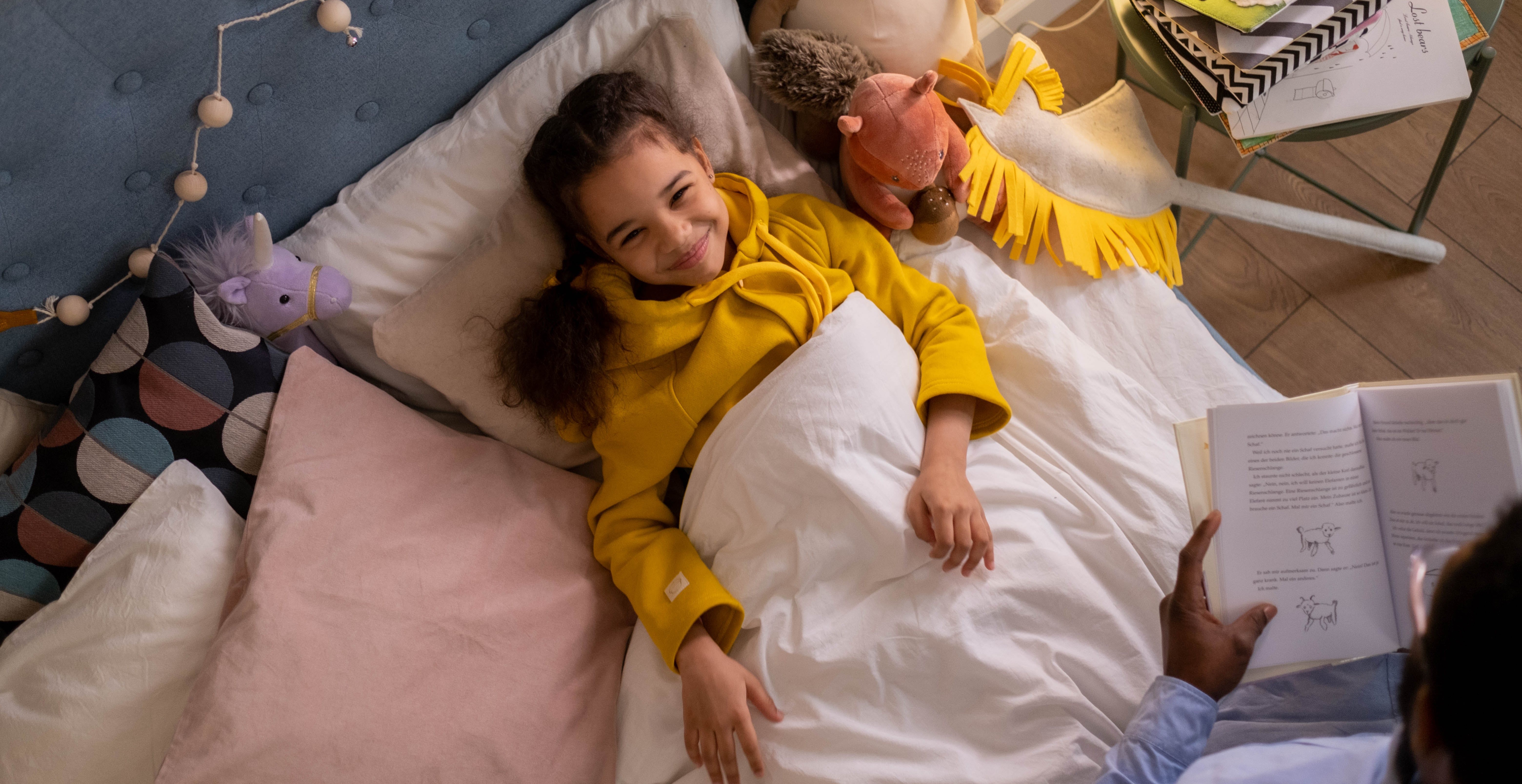
Principal Investigator: Heather Joseph, DO
Funding Source: The National Institute of Mental Health
The Optimizing Attention and Sleep Intervention Study (OASIS) will examine the effectiveness of different components of behavioral interventions delivered by behavioral health professionals in pediatric primary care for preschool aged children (3-5 years of age) with behavioral (inattention, hyperactivity and/or impulsivity) and sleep difficulties.
Participating families must receive care from one of the following UPMC Children’s Community Pediatric (CCP) practices: GIL, Shenango, Bass Wolfson, ABC.
Participate in OASIS
For more information about the OASIS study, please call or text 412-969-3243, or send an email to ccpOASIS@upmc.edu.
Frequently Asked Questions
What will I be asked to do for the study?
Participants will complete three online questionnaires, complete brief questions on their phone regarding their child’s sleep and behavior for up to 2 weeks at a time, and have their child wear an actigraph watch. These procedures will be completed before treatment with a therapist, after treatment, and 4 months later. The total time families will spend participating in this study - from enrollment until the final assessment - will take place over a period of 8 months.
Is there a cost to participate?
You or your insurance provider will be charged for the sessions with the behavioral therapist. You will not be charged for any research procedures performed only for the purposes of this research study (e.g. sleep diary, Actigraphy, questionnaires). There is no additional cost to participate. Families who are eligible will be compensated up to $375 for study participation.
Who may participate?
We are enrolling families with a child 3 to 5 years old who is currently experiencing behavior and sleep difficulties. The child must receive care from one of the following UPMC CCP practices: GIL, Shenango, Bass Wolfson, ABC.
What is an actigraph?
An actigraph can be worn like a watch and tracks the wearer’s movements. Tracking movement gives researchers clues as to when children are sleeping and for how long. Monitoring these aspects of sleep can help to pinpoint sleep problems negatively affecting sleep quality and aid in tracking effectiveness of interventions.
How do I participate?
To get more information or to be screened for the study, please text “MORE INFO” to 412-969-3243 or email ccpOASIS@upmc.edu.